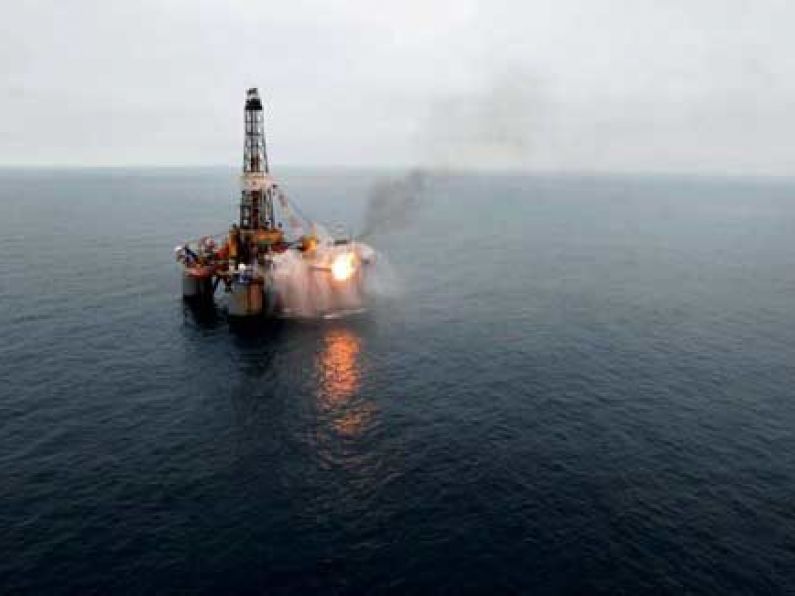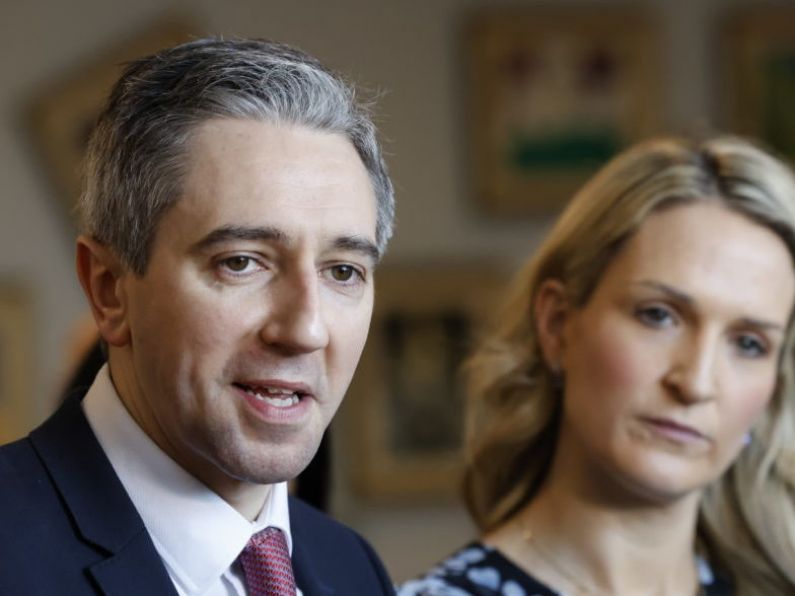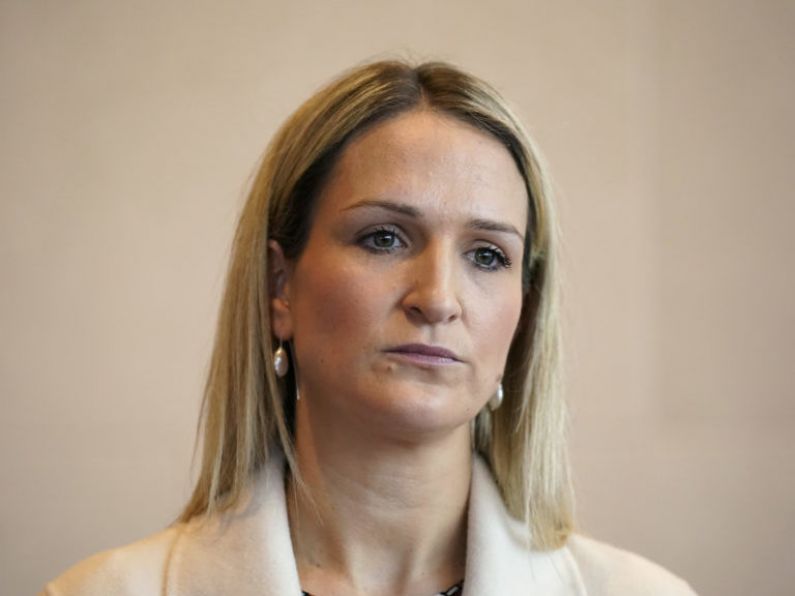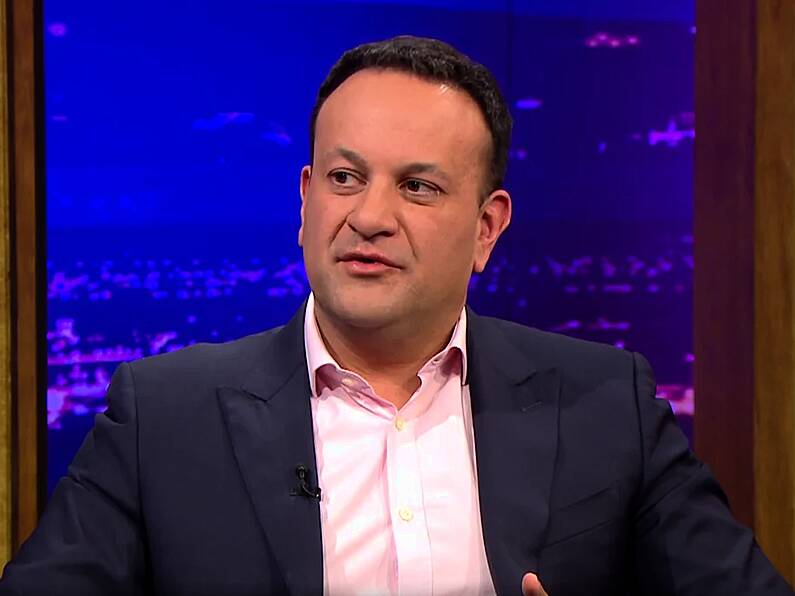This year, on paper at least, seems as though it could be something of a watershed for the Irish oil and gas exploration industry.
Of course, that feeling has existed in previous Januarys, but 2019 will at least see drilling activity, which is always a good barometer of real progress.
Furthermore, while there are still barriers and hurdles to navigate, 2018 ended with some of those threats easing, if not fully evaporating.
While still technically alive, People Before Profit’s bill, aimed at banning future drilling in Irish waters, was basically voted into limbo by the joint Oireachtas climate change committee last month.
The percentage of companies having trouble accessing finance remains in the double-digits but has significantly declined in the past 12 months.
That said, nearly three-quarters of Irish-focused explorers want further streamlining of government regulations. A recent PwC survey also found that the percentage of companies who deem the outlook for the Irish offshore as being favourable has dropped from 74% to 63% in the past year.
Still, there are plenty of reasons for those on the sidelines looking in to be cheerful, not least the prospect of drilling, with Chinese money flowing through many a drillbit. The exchequer stands to win big if any company finds big. Over a quarter of companies plan to continue with Irish exploration activities based on current oil prices of between $50 and $60 a barrel.
Nexen, the Chinese-owned/Canadian-based explorer will drill in the southern Porcupine Basin; Ireland’s basin du jour; Tony O’Reilly’s Providence Resources, and its Chinese backers, will finally drill in anger at Barryroe in the Celtic Sea and British explorer Europa Oil and Gas will put more of its ducks in a row before embarking on a broad west-coast drilling campaign probably starting in 2020.
Providence is also eyeing development of its west coast assets in the near-term and Europa and Predator Oil and Gas have assets close to Corrib, which could keep that region alive, in gas generation terms, for longer than previously estimated.
“The results of this new phase of exploration drilling will provide an important guide and indicator to the hydrocarbon potential of the Irish offshore,” said Pat Shannon, chairman of the Irish Offshore Operators’ Association (IOOA).
New data, exploration models and technology are behind the momentum of deep-water exploration in Ireland. Forecast break-evens for potentially sizeable deep-water discoveries show the area to be competitive globally at the current and predicted oil price.
“These factors are providing the confidence behind the large exploration investment figures that are likely in the coming years,” he said.
Meanwhile, while it is unlikely to succeed in its primary aim of banning Irish exploration activity, Brid Smith and People Before Profit’s bill has sharpened minds on how Ireland must - in the longer term - gradually transition from a fossil fuel reliance to renewable energy generation from wind, solar and other emission-less sources.
The industry’s argument for sustained drilling is based on the need for Ireland to lower its reliance on imported energy and the basic need for fossil fuels remaining for the foreseeable future, rather than drilling for the sake of drilling.
“The IOOA recognises that Ireland needs to make a transition to a low-carbon economy. It needs to happen, but the transition will take time and investment. It needs to be costed and planned. Oil and gas companies, with significant energy expertise and new technologies, can play an important role in this transition process,” said Mr Shannon.
“We believe that oil and gas will continue to play a vital role in meeting the world’s and Ireland’s energy needs in the transition to a low carbon future, a view that is shared by the International Energy Agency among others.
“In particular, we recognise the benefits of natural gas, and believe it will play an increasingly important role in the energy mix in Ireland, helping to reduce greenhouse gas emissions.
For now, at least, the public seems to agree. More than 60% of respondents to a recent survey on Ireland’s energy needs said that offshore oil and gas exploration and production can help protect Ireland from the potentially negative impacts of Brexit.
“Brexit increases energy security concerns and post-Brexit, Ireland will not have a direct connection to the main EU energy infrastructure,” said Mr Shannon.
However, Green Party leader Eamon Ryan has argued a continuation of exploration would show where Ireland really stands on the climate change issue.






